Over the past week or so, Hungary has been the focus of attention in the international press with Viktor Orban making headlines regarding his talks with Zelensky and then Putin, and in general the Hungarian EU presidency. How might Hungary's position change in the coming period?
I think Hungary will maintain its consistent position for peace. The prime minister's international peace role has taken on a whole new dimension, and in this respect the trip to Ukraine was extremely significant. With Hungary now holding the rotating Presidency of the Council of the EU, the country's pro-peace stance will play a greater role in Europe as a whole. Many have recognized that the Russia-Ukraine conflict has not gone according to plan and that it would be better to find a solution sooner rather than continue down the road of endless war.
Hungary is making a growing impression on the international community by continuing to stand for peace.
Has Viktor Orban and through him Hungary and the right-wing gained more influence in European politics?
In the European Parliament elections, we have seen the emergence of a new right-wing movement supported by European people dissatisfied with migration, high energy costs, continued war and excessive European green policies. But this change in ordinary people has not been reflected in recent years in European leadership, which continues to progress down the federalist route. The political divide in Europe is now even more obvious between those who favor national sovereignty and those who favor a more centralized Brussels leadership.
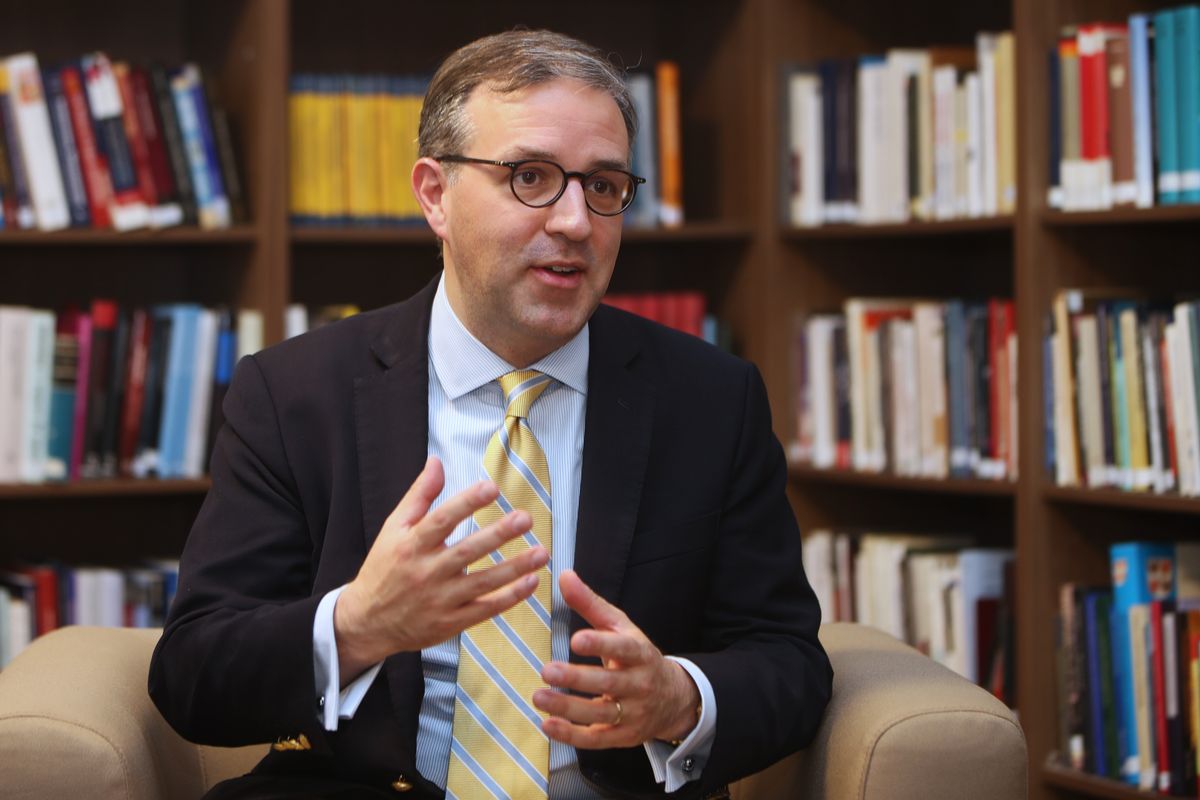
Patriots for Europe is the name under which Viktor Orban, Herbert Kickl and Andrej Babis launched the right-wing EP group, which is enjoying vast popular support. Are we witnessing the birth of a new political force?
It is clear that Patriots for Europe represents the birth of a new sovereignist political force that could become one of the most important political groups in Europe. This represents a major reorientation or reshaping of European politics, which is actually about national sovereignty, and it is obvious that the new political formation reflects this.
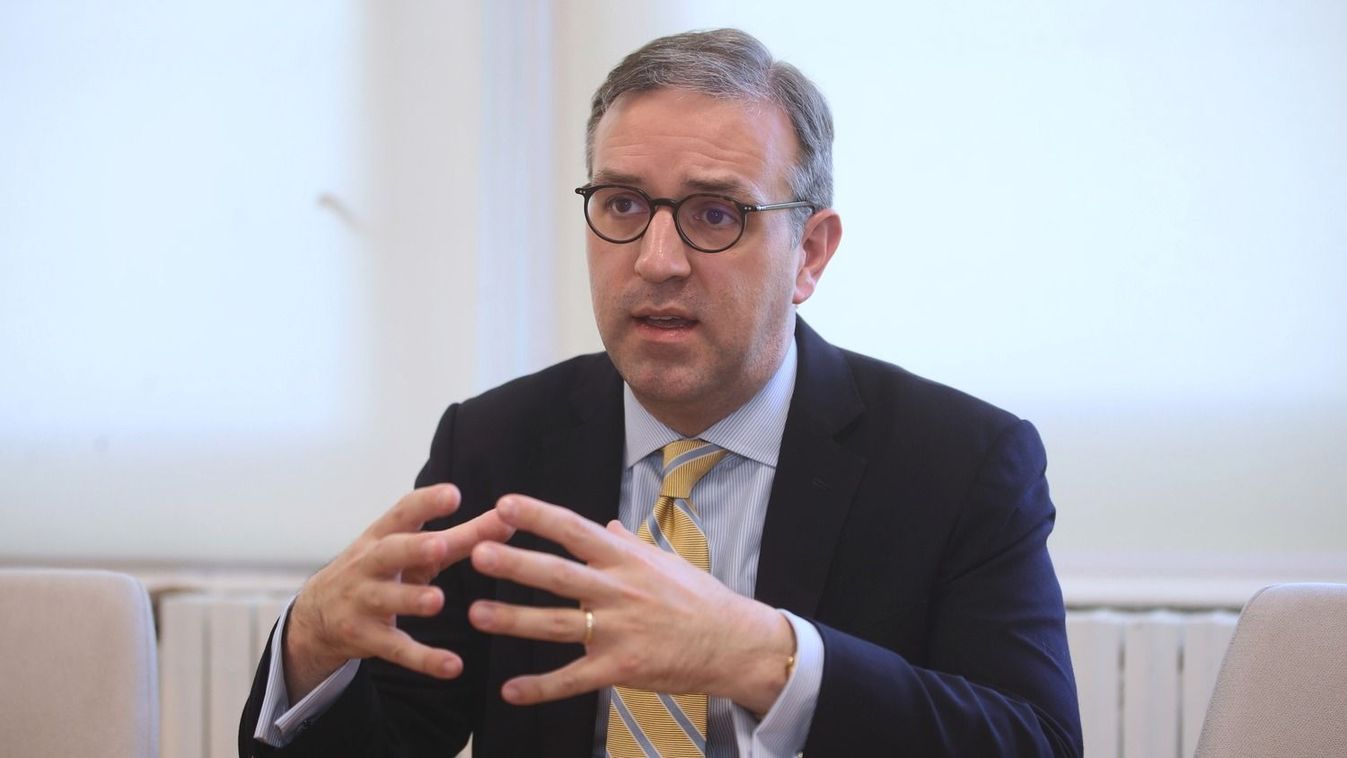
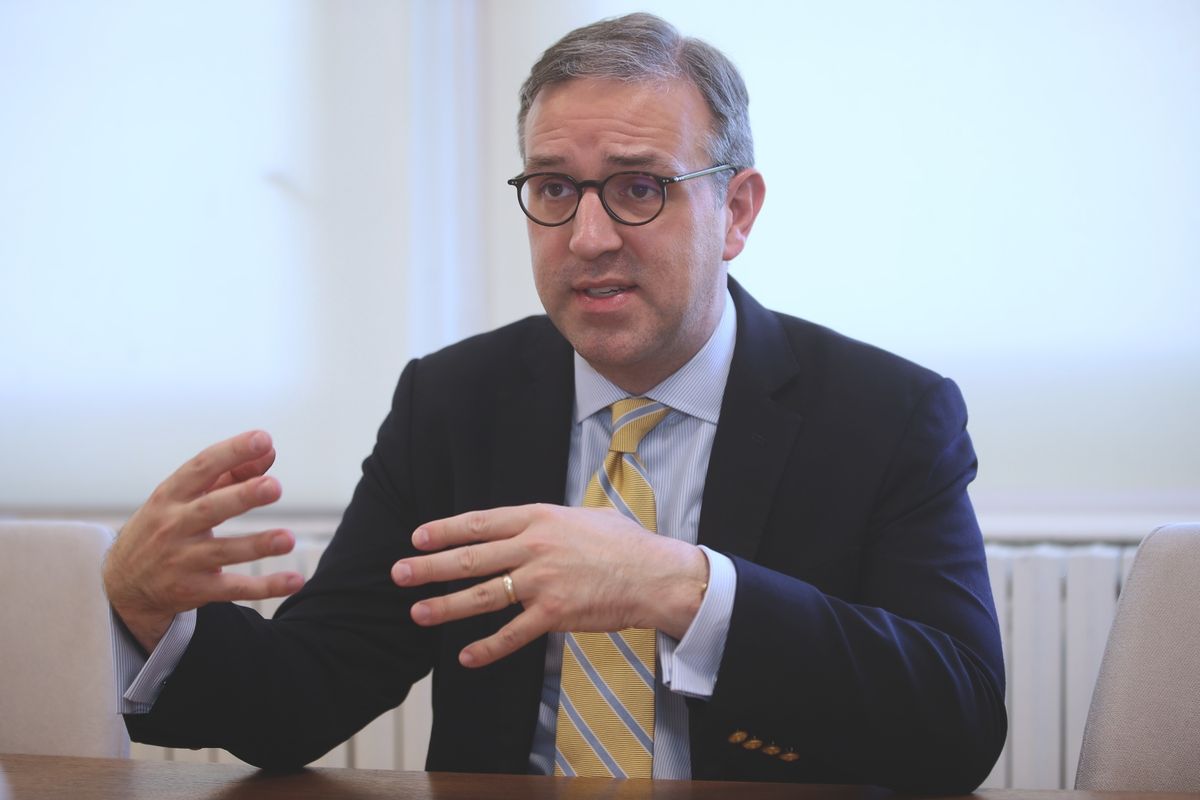
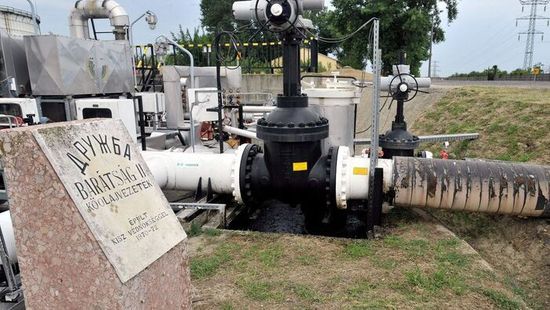
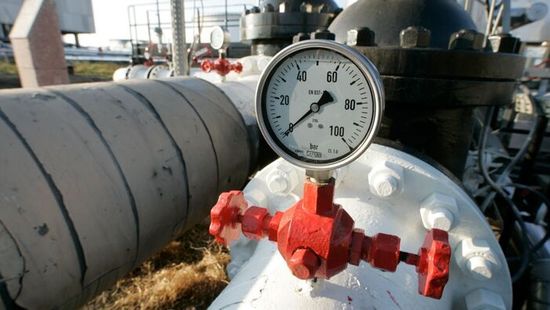
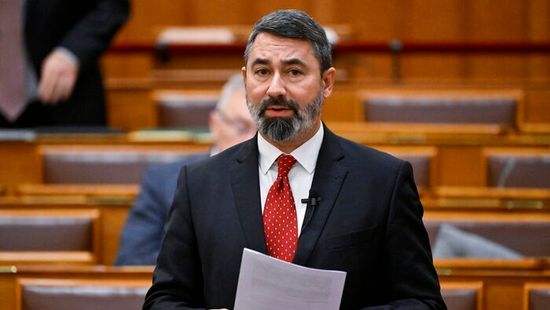
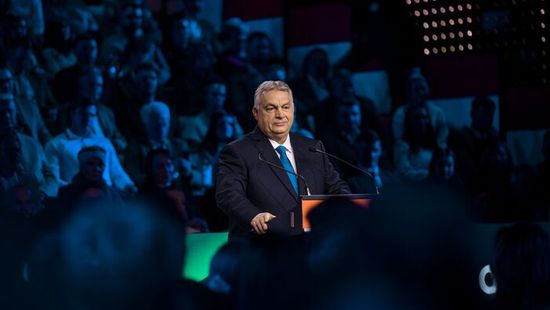

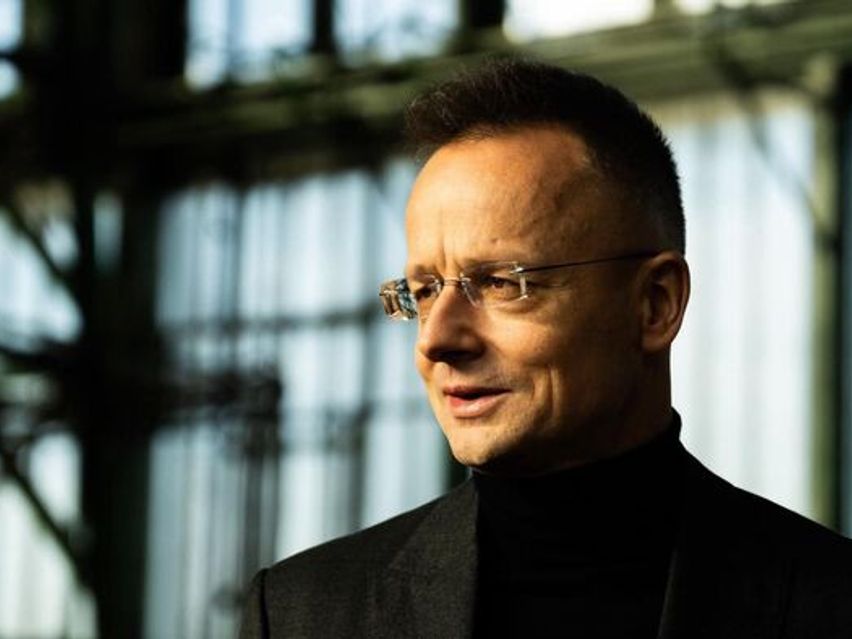
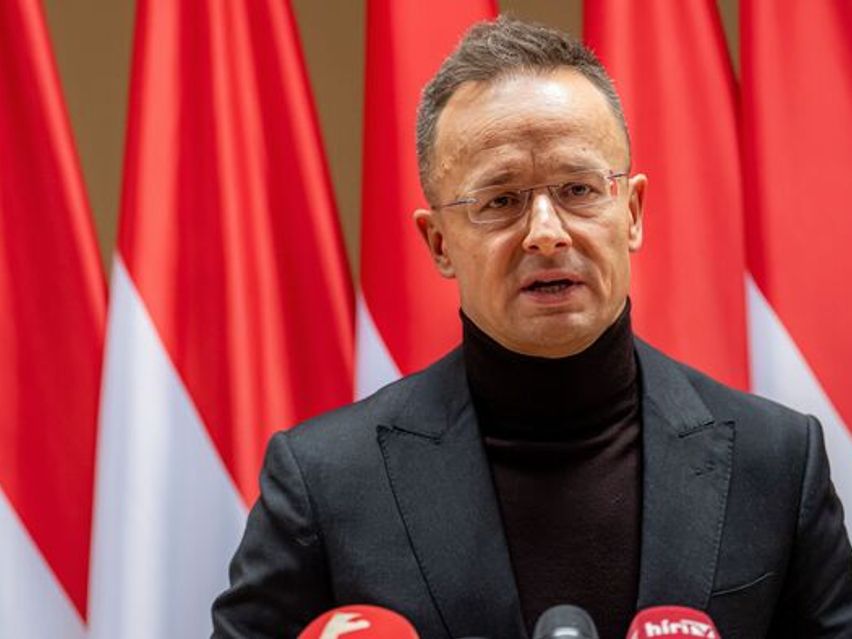
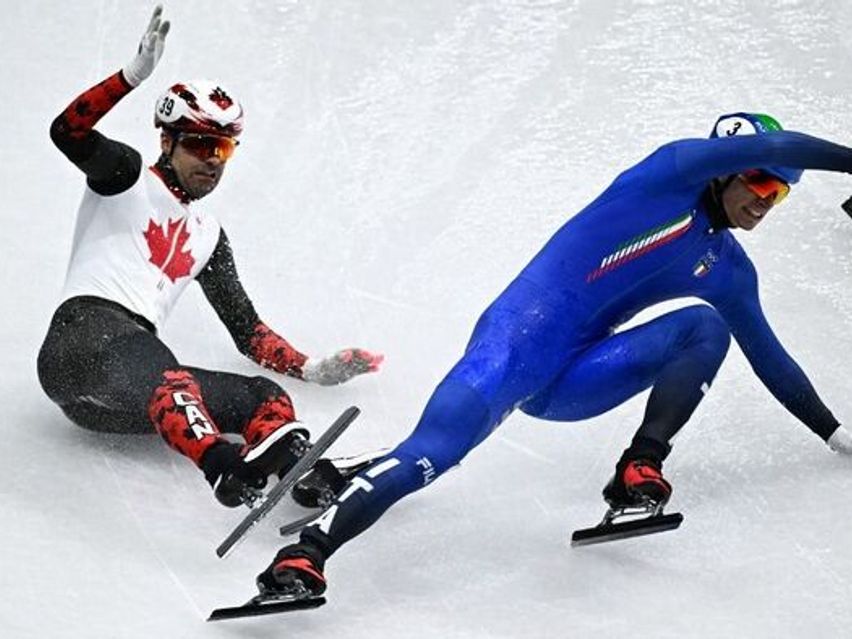




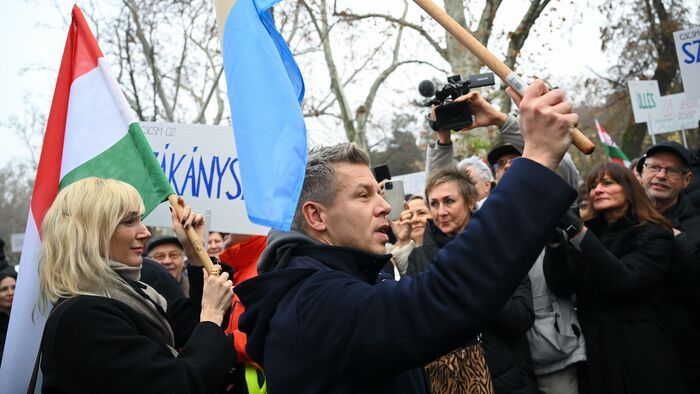
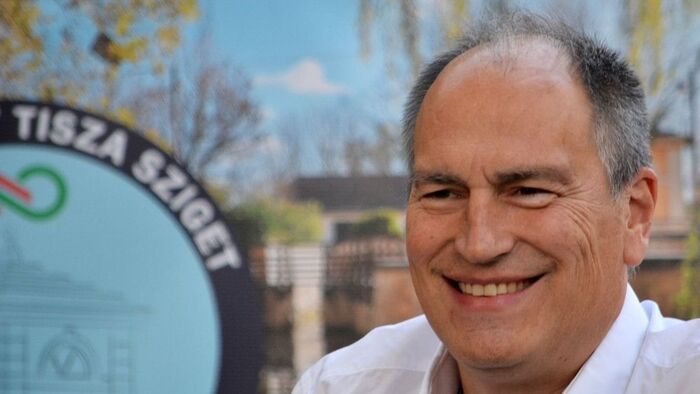
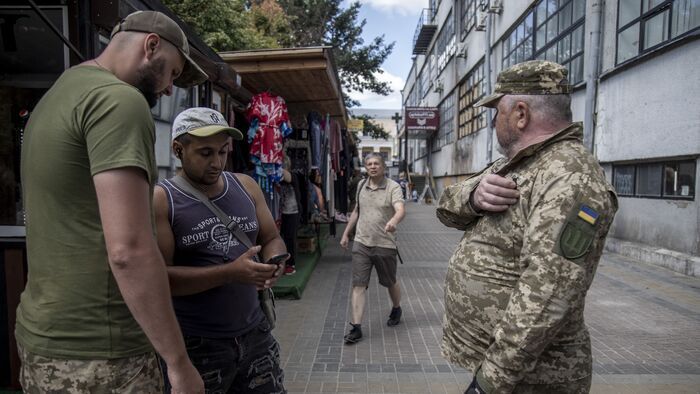
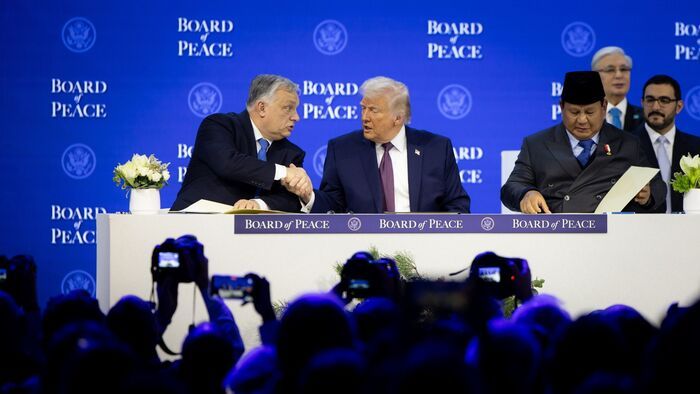
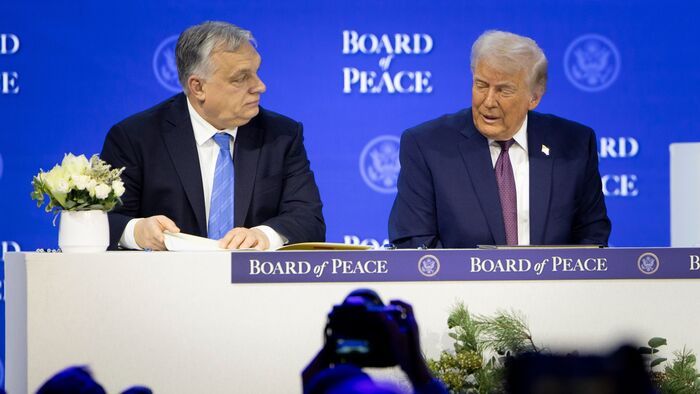

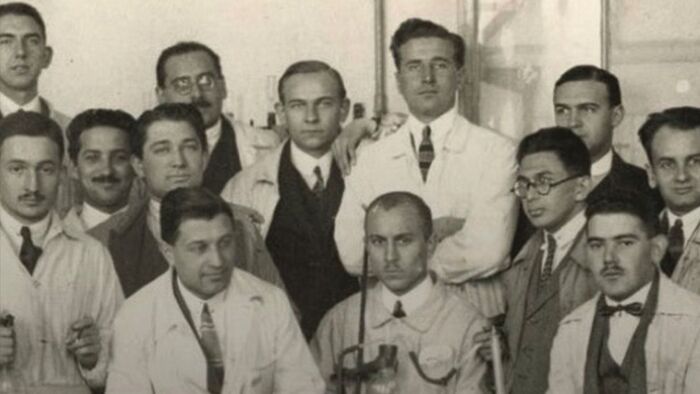
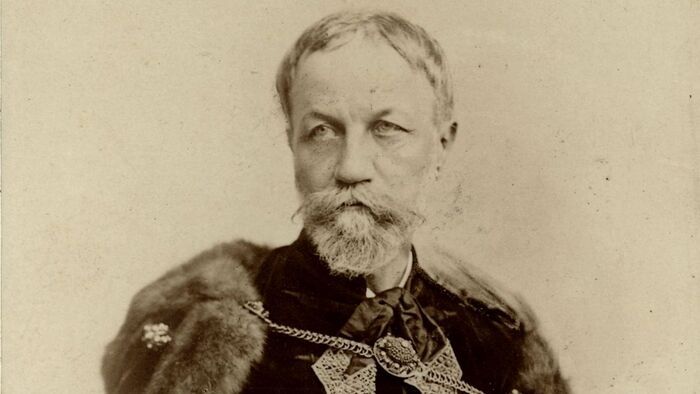

Szóljon hozzá!
Jelenleg csak a hozzászólások egy kis részét látja. Hozzászóláshoz és a további kommentek megtekintéséhez lépjen be, vagy regisztráljon!